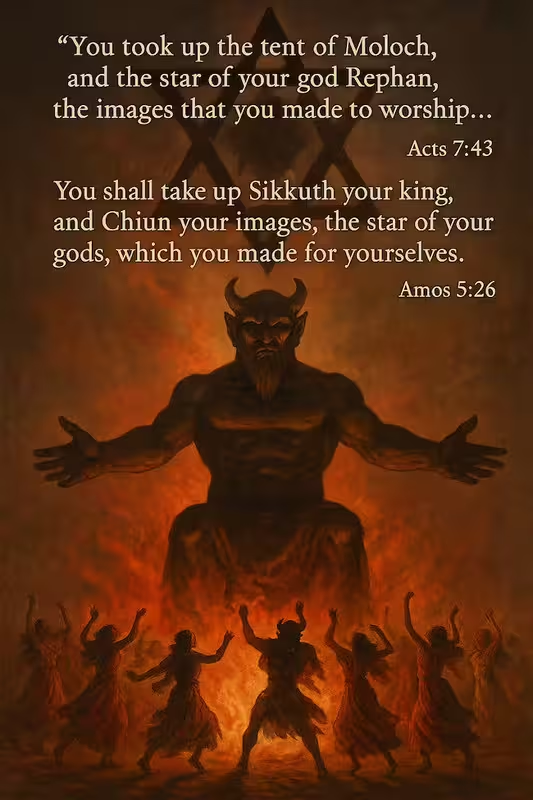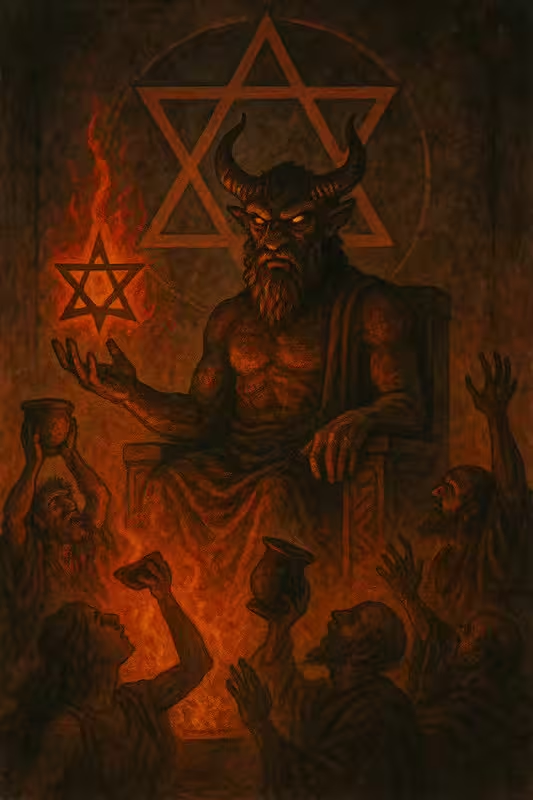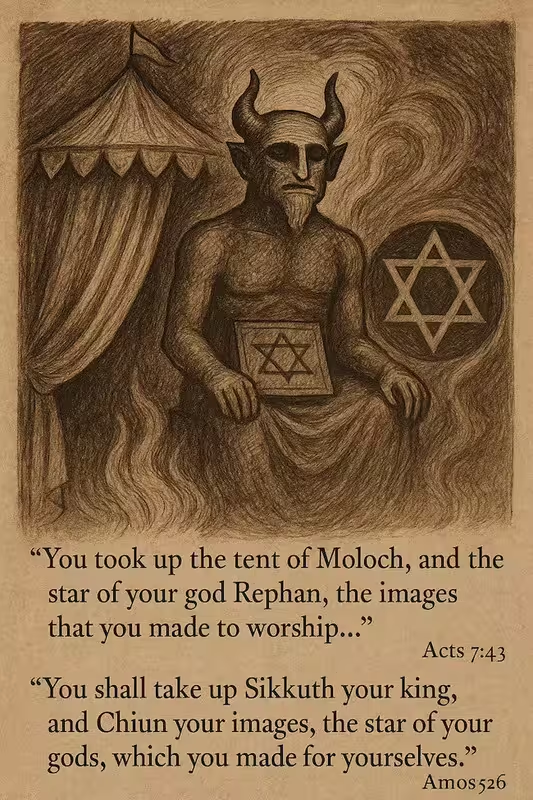As you well know when text, context, and greater context is not considered, it can easily distort what is happening, which is what you have done with my words, and with Scripture.
I disagree. I know you like that excuse, that I'm cutting your posts to shreds, but I'll gladly submit my post to any qualified 10th grade English teacher for evaluation to show this isn't the case.
How many verses does it take to make my point that it was his habit to first visit the synagogues during his ministry of evangelism, which would not be the case if he was rejecting a "continuing" ministry to the Jews.
So Paul was just being a drama queen when he flat out rejected the Synagogues and went to the Gentiles instead? This was an adamant shaking the dust off of one's feet. How do I know? It LITERALLY says so - "they shook off the dust of their feet." And just LOOK at the reaction of the Gentiles.
Then Paul and Barnabas waxed bold, and said, It was necessary that the word of God should first have been spoken to you: but seeing ye put it from you, and judge yourselves unworthy of everlasting life, lo, we turn to the Gentiles. For so hath the Lord commanded us, saying, I have set thee to be a light of the Gentiles, that thou shouldest be for salvation unto the ends of the earth. And when the Gentiles heard this, they were glad, and glorified the word of the Lord: and as many as were ordained to eternal life believed. And the word of the Lord was published throughout all the region. But the Jews stirred up the devout and honourable women, and the chief men of the city, and raised persecution against Paul and Barnabas, and expelled them out of their coasts. But they shook off the dust of their feet against them, and came unto Iconium.
- Acts 13:46-51 KJV
So the Gentiles were glad that the Jews were going to hell.
I just reject this Sunday School representation that Paul was wandering all over the Roman Empire to seek out synagogues.
And when he had saluted them, he {Paul} declared particularly what things God had wrought among the Gentiles by his ministry. And when they heard it, they glorified the Lord, and said unto him, Thou seest, brother, how many thousands of Jews there are which believe; and they are all zealous of the law: And they are informed of thee, that thou teachest all the Jews which are among the Gentiles to forsake Moses, saying that they ought not to circumcise their children, neither to walk after the customs.
- Acts 21:19-21 KJV
This was not a false accusation. Neither Jew nor Gentile. If one need not be circumscribed, the other need not be. Paul even got to the point where wrote that he wished these Jews would cut the whole thing off (emasculate).
I wish those who unsettle you would castrate themselves!
- Galatians 5:12 NRSV
Is this truly what one would expect from an Apostle of the Messiah?
Scripture clearly shows it was not an all-encompassing blanket statement by Paul as the following verses show.
But when they departed from Perga, they came to Antioch in Pisidia, and went into the synagogue on the Sabbath day and sat down. Acts 13:14 NKJV
Uh... verse 14 comes BEFORE verse 46. C'mon Nick, settle down and think this through.
Now it happened in Iconium that they went together to the synagogue of the Jews, and so spoke that a great multitude both of the Jews and of the Greeks believed. Acts 14:1 NKJV
The same thing occurred in Iconium, where Paul and Barnabas went into the Jewish synagogue and spoke in such a way that a great number of both Jews and Greeks became believers.
- Acts 14:1 NRSV
I can see where Barnabas calmed Paul the hothead down by the time they reached Iconium, but ...
the same thing happened.
εγενετο (
CAME INTO BEING)
δε (
BUT)
εν (
IN)
ικονιω (
ICONIUM)
κατα (
DOWN)
το (
THE)
αυτο (
SAME THING
neuter)
Nick, I don't make outrageous unsubstantiated claims. Not only did the same thing happen, it broke out into one of Paul's signature riots.

But the multitude of the city was divided: and part held with the Jews, and part with the apostles. And when there was an assault made both of the Gentiles, and also of the Jews with their rulers, to use them despitefully, and to stone them, They were ware of it, and fled unto Lystra and Derbe, cities of Lycaonia, and unto the region that lieth round about:
- Acts 14:4-6 KJV
I believe that the reason the author recorded this event is that it represents a pivot point, where instead of calmly entreating his fellow Jew hoping that they would see his reasons, he became more assertive and adamant, possibly to the point of being belligerent enough to where this happened:
But the unbelieving Jews stirred up the Gentiles, and made their minds evil affected against the brethren.
- Acts 14:2 KJV
No, it doesn't. The account of Paul in Lystra has no mention of him in a synagogue, but rather an extensive interaction with Romans, calling the apostles after their gods.
And when the people saw what Paul had done, they lifted up their voices, saying in the speech of Lycaonia, The gods are come down to us in the likeness of men. And they called Barnabas, Jupiter; and Paul, Mercurius, because he was the chief speaker. Then the priest of Jupiter, which was before their city, brought oxen and garlands unto the gates, and would have done sacrifice with the people.
- Acts 14:11-13 KJV
And by this point, Paul had stirred up enough contention within the Jewish population that they decided to assassinate him. This was just not an "agree to disagree" situation.
And there came thither certain Jews from Antioch and Iconium, who persuaded the people, and, having stoned Paul, drew him out of the city, supposing he had been dead.
- Acts 14:19 KJV
So we have no mention of Jewish synagogues in Derbe, and then a quick retrace of the footprints through Lystra, Iconium, and Antioch to meet with the believers. But to do what?
Confirming the souls of the disciples, and exhorting them to continue in the faith, and that we must through much tribulation enter into the kingdom of God. And when they had ordained them elders in every church, and had prayed with fasting, they commended them to the Lord, on whom they believed.
- Acts 14:22-23 KJV
We start to see Paul organizing gatherings outside the system of Synagogues, having ordained elders. Pisidia, Pamphylia, Perga, Attalia, and then back to Antioch, with no further mention of attending any Synagogues.
And there they abode long time with the disciples.
- Acts 14:28 KJV
After which "
certain men" stirred up the whole circumcision thing again (Acts 15)
For before that certain came from James, he did eat with the Gentiles: but when they were come, he withdrew and separated himself, fearing them which were of the circumcision.
- Galatians 2:12 KJV
And then back to Antioch, where a sharp contention arose between Paul and Barnabas over John-Mark, the traditional author of the Gospel of Mark. (rabbit trails that I shall avoid for the moment), but with the result that Paul and Silas traveled together -
And he went through Syria and Cilicia, confirming the churches.
- Acts 15:41 KJV
Then quite a journey is recorded with no mention of Synagogues at all, but with the surprising account that Paul had Timothy circumcised
!!!

And so were the churches established in the faith, and increased in number daily.
- Acts 16:5 KJV
My point is that there is great amount of time and a good deal of travel, starting churches wherein nothing about Jews or Synagogues are mentioned, and Paul is starting up Gentile churches. But I do understand your viewpoint, that Paul did return back into the synagogues starting in Acts 17. But a lot of time had passed before Paul entered into a synagogue to
reason with them (cf. Acts 17:2), something that quickly turned back into
disputing with them (in Athens).
But you objected to my characterization that Paul rejected evangelizing the Jews at the later part of ministry.
And when they opposed themselves, and blasphemed, he shook his raiment, and said unto them, Your blood be upon your own heads; I am clean: from henceforth I will go unto the Gentiles.
- Acts 18:6 KJV
It didn't just happen once.
And though Paul did seek out the synagogue in Ephesus, he didn't stay long, and one could hardly characterize oneself as an Apostle to the Gentiles, if his ministry was to all equally.
And he went into the synagogue, and spake boldly for the space of three months, disputing and persuading the things concerning the kingdom of God. But when divers were hardened, and believed not, but spake evil of that way before the multitude, he departed from them, and separated the disciples, disputing daily in the school of one Tyrannus. And this continued by the space of two years; so that all they which dwelt in Asia heard the word of the Lord Jesus, both Jews and Greeks.
- Acts 19:8-10 KJV
So three months in the synagogue, but then
two years meeting elsewhere after making a purposeful decision to depart, separating out the disciples?
I think that making a purposeful decision to depart could readily be characterized as a rejection.
If not, what would you call it?
Agape,
Rhema

